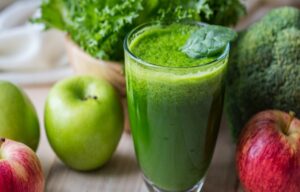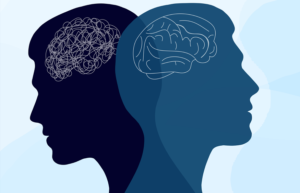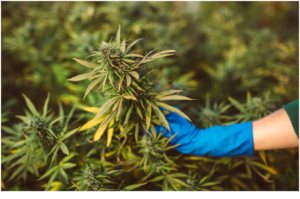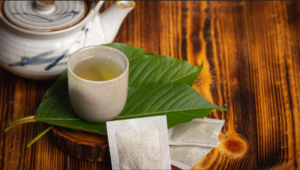The 9 Best Anti-Diabetes Foods
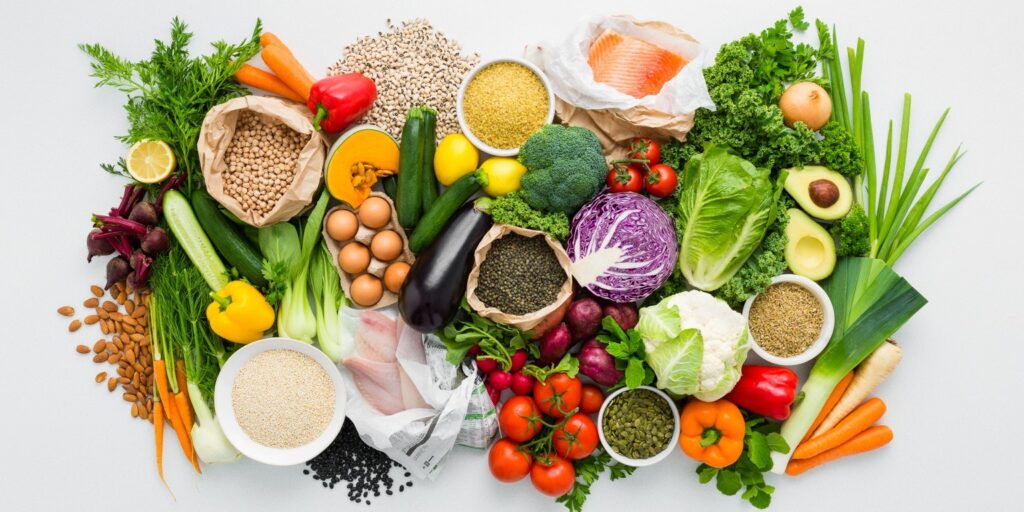
Certain foods can help control your blood sugar and protect your heart and kidneys. On the occasion of World Diabetes Day, this November 13, we took stock of foods that are 100% suitable for diabetics, with Dr Pierre Nys, endocrinologist and nutritionist, who has just published the guide I’m getting started with diabetes. antidiabetes diet , published by Leduc.
Diabetes is a sugar dysregulation disease. “Diabetics do not metabolize carbohydrates correctly, which poses two problems: the cells are not properly supplied with “fuel” and the blood remains too “sweet”, bathing the organs in an inappropriate environment” explains Dr. Pierre Nys, endocrinologist-nutritionist, in his new book I learn about the antidiabetes diet (ed. Leduc.S Pratique).
N THE SAME SUBJECT
diabetes
Diabetes: what can you eat for breakfast?
The good news is that in 80 to 90% of cases, type 2 diabetes can be prevented because it is mainly caused by an unhealthy lifestyle: physical inactivity, uncontrolled stress, or poor diet.
Finally a solution to waste!
All people with diabetes will tell you: the management of healthcare waste is a daily concern, almost every moment. When we know that until now the regulations did not offer a practical or ecological solution for sorting connected piercing medical devices, the equation became almost insoluble. This problem, between blood readings and taking insulin to name a few, adds a significant weight to an already very heavy mental load. From now on, a solution exists thanks to the new DASTRI collection circuit and its very recognizable purple box and available free of charge in pharmacies .. Finally, DASRIe (Waste from Infectious Risk Healthcare Activities with electronics) can be collected simply, with the added bonus of the assurance that it will be recycled. An ecologically and personally sustainable solution that people with diabetes will appreciate.
Glycemic index: the basis of the diabetic
“The sugars in the diet are absorbed more or less quickly or more or less ‘strongly’. This is measured by the glycemic index ” explains Dr Pierre Nys. A “low GI” is between 0 and 55. A GI is said to be medium when it is between 56 and 69. But between 70 and 100, it is a high GI.
“The glycemic index is really the basis for diabetics. If you only follow one piece of advice, it’s this: the closer the glycemic index of your food is to 0, the better! “
To lower the glycemic index of your diet, here is a week of low GI menus .
Green vegetables: the diabetic’s traveling companions
“Green vegetables are the diabetic’s traveling companions, those that he must find no matter what happens on his plate, for lunch and dinner” insists the endocrinologist.
In the form of raw vegetables, pan-fried, gratins, whole vegetables, green juices (even if breaking the fibers of vegetables by mixing them increases their glycemic index)… the ideal frequency is 1 raw green vegetable + 1 cooked green vegetable at each main meal. Also associate them systematically with your pasta, rice or potatoes.
Legumes: allies of the diabetic
Lentils, peas and dried beans, in other words legumes, are rich in protein and very slow sugars (low glycemic index). “Contrary to popular belief, they are excellent allies for diabetics , because they make it easier to stabilize blood sugar” explains Dr. Nys. The good frequency is 3 times a week.
Water: the best drink for diabetics
Alcohol, sodas, and caffeinated beverages negatively affect blood sugar levels. While water helps the body to eliminate excess blood glucose, reduces the risk of dehydration (slightly higher in case of diabetes) and reduces the risk of hyperglycemia. The ideal is to drink 8 glasses of water a day for women and 10 glasses for men. “You can add a squeeze of lemon juice , it’s good!” emphasizes the doctor.
Fibre: essential for diabetics
Soluble or insoluble, fibers are among the best allies of diabetics because they help regulate blood sugar levels (glycemia). In addition, they avoid nibbling between two meals, which makes it possible not to restart the production of insulin and they help the body to react better to carbohydrates. Special mention to the soluble fibers which attract water and form a “gel” good for the metabolism because it traps some of the carbohydrates and fats.

